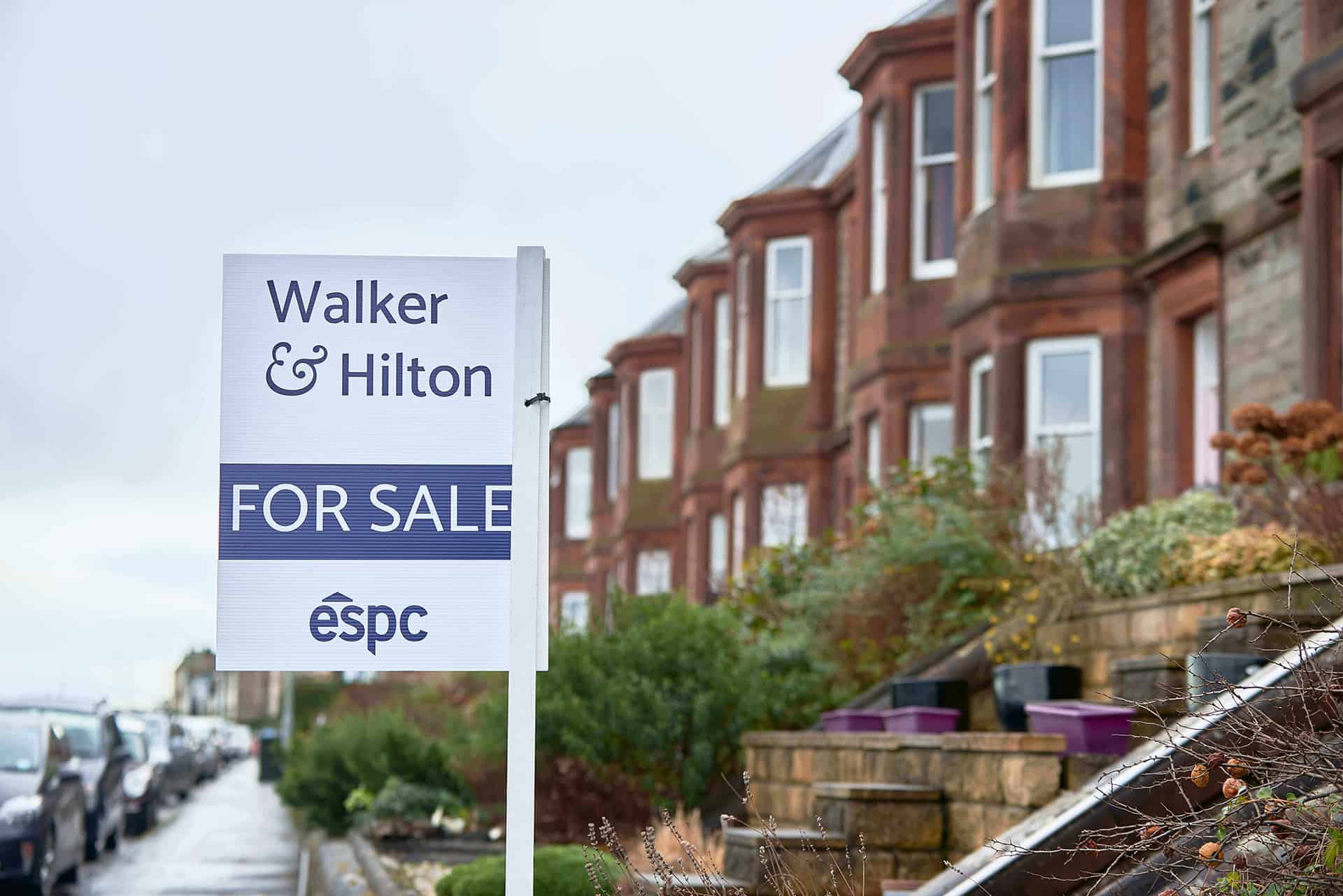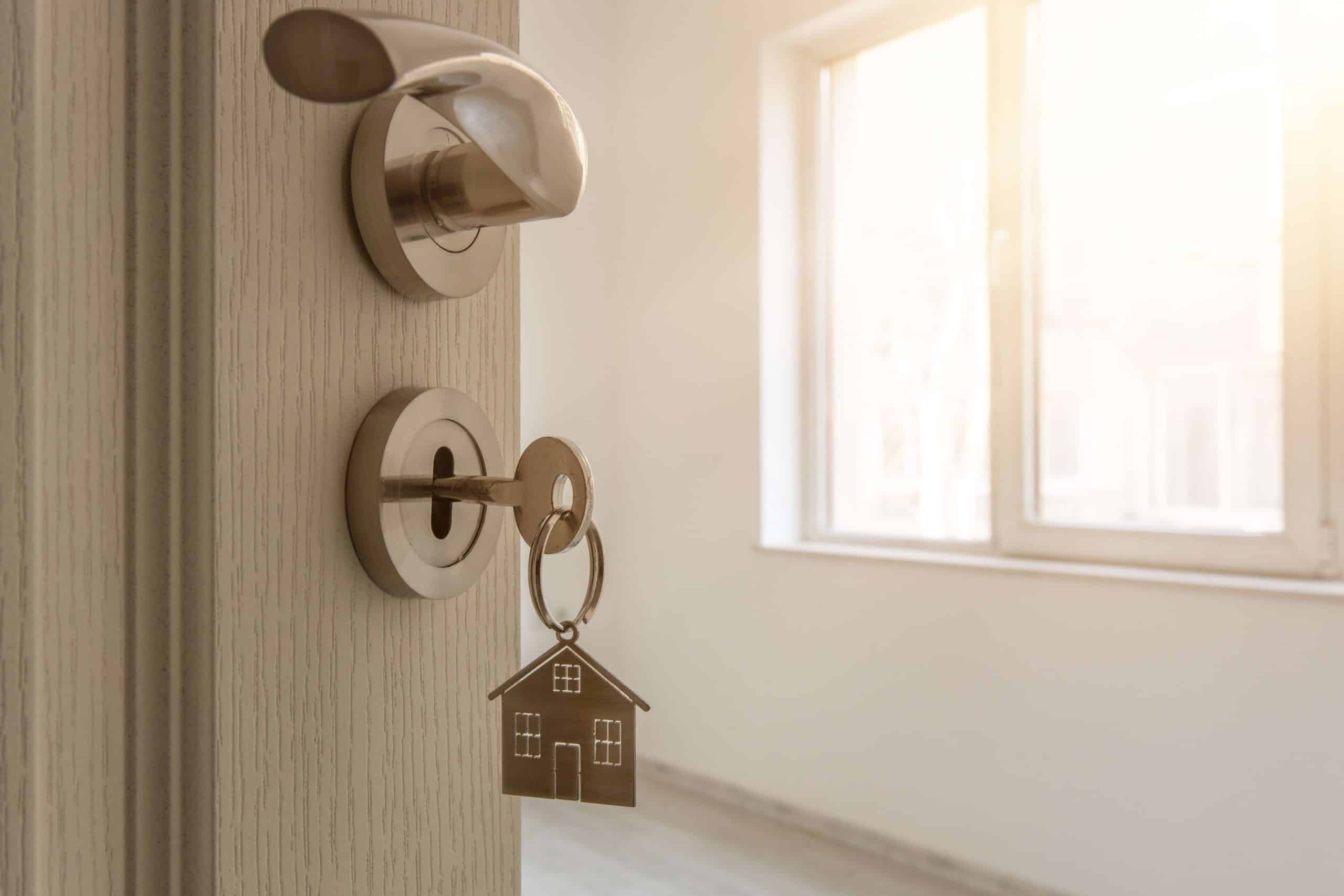If you’re looking to purchase your first buy-to-let property, here’s what to look for and how to understand if you’ve found the right one.
If you’re an aspiring landlord and looking to get into property investment in the near future, the most important thing is ensuring that you find the right property to kick off your portfolio. But it’s not as simple as making an offer and finding a tenant – there are many factors you need to consider before beginning your buy-to-let journey, to maximise your chances of success.
It’s well-documented that there is a shortage of rental properties available to tenants across the UK currently, but especially in Edinburgh. UK averages show that a rental property now receives three time more enquiries from prospective tenants than in 2019, and many Edinburgh-based lettings agencies would agree anecdotally, demonstrating the opportunity available to potential landlords looking to embark on a buy-to-let investment.
The first thing to consider is your budget, and your finances. Speak to an independent mortgage adviser to ascertain your financial situation; they can advise you on the best buy-to-let mortgage to suit your individual circumstances. There are different types of financing available for landlords, so it’s best to speak to the professionals to find the right option for you. Lenders can often base how much you can borrow on how much rent you will charge, so planning, research and financial forecasting is required, to make sure your expected rental income will cover the mortgage repayments and any other expenses, such as factor fees or insurances.
Next, you need to think about what you’re looking to gain out of a property investment. Are you more interested in rental yield, or capital growth? Knowing this will help you decide on the kind of property you want to buy, or the area you want to buy in, and can change depending on how long- or short-term you want your investment to be. Rental yield refers to the regular income you will receive from the rent, while capital growth refers to the likelihood of the property’s value increasing over a period of time.
The area you want to buy in is a hugely important decision, as it affects both your budget and the kind of tenant you will likely rent to. A larger property in a popular suburb may attract family tenants, while a smaller, cheaper property in a city centre hotspot will likely draw in young professionals or even student renters. Once you’ve ascertained your budget, you’ll have a stronger idea of the locations you can afford, for the type of property you want to buy.
You also need to think about the size and condition of the property you’re purchasing. A smaller property will have a lower initial outlay, but you can therefore charge less rent – of course, a larger property will be more expensive to purchase, but the rental yields will be higher too. You may find a property that needs work will be much cheaper than a turnkey home, but do you have the funds and the time available to commit to repairs or maintenance work? A property that may require some inexpensive upgrades, such as a fresh coat of paint or new flooring, may be easier to maintain than a full-scale renovation, even if its sale price appears to be a bargain.
Think about how easily-maintained a property will be when you’re viewing too: period features and ornate details are wonderful and will certainly appeal to tenants but can be costly to repair or preserve. A home that can be a clean, bright, warm but blank canvas is ideal, to keep maintenance manageable for you, while allowing your tenant to make the space feel like their own home.
Finally, consider appointing a letting agency to handle your investment. Very few landlords have the time to commit to managing their property and keeping up with the regularly changing legislation, which is where a letting agency can help. A professional and experienced agency will handle everything, from creating inventories and advising on rental rates, to finding tenants, organising inspections, and managing move-outs, all while keeping a close eye on your investment and keeping you up to date with your responsibilities as a landlord.













